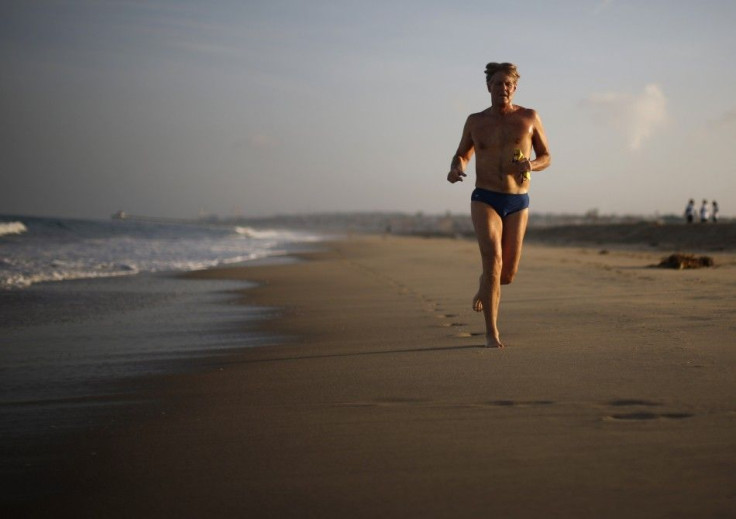Japanese Whalers End Pacific Hunt with 115 Whales Dead and No Disruption from Sea Shepherd

Japan has wrapped up its whaling campaign in the Pacific with 115 whales caught and killed in its two-and-a-half month operation. It is the second whaling hunt of Japan since the United Nations' international court had ordered Japan to stop catching and killing whales in the Antarctic.
According to Japan's fisheries agency, 90 Sei whales and 25 Bryde whales were captured and killed. The number of whales caught met the pre-hunting target of the whalers.
The fisheries agency reported the whaling operation was not disrupted by anti-whaling activists like Sea Shepherd Australia, which the whalers had clashed repeatedly in the past. Agency officials confirmed that the whalers did not encounter an obstacle during their Pacific hunt.
The recent whaling operation was the second attempt since the UN's International Court of Justice ruled in March that Japan's annual whaling in the Southern Ocean was for commercial purposes and disguised only as "scientific research."
Supporters of Japanese whalers have accused Western critics and conservationists of cultural imperialism for trying to stop a tradition dating back to hundreds of years.
However, statistical reports reveal that whale consumption in Japan had declined in the recent years. This led to large quantities of whale meat in storage. Conservationists, like Australia's Sea Shepherd, believe the whales were being killed for no reason.
Sea Shepherd founder Captain Paul Watson said Japanese whalers are becoming "desperate" because they know whaling is a "dying tradition." He added whalers are trying to promote the practice to the younger generation.
The anti-whaling organisation has slammed Japanese whalers following news of "gruesome" images of a dead whale being cut into pieces in front of schoolchildren in Wada, Japan.
Patrick Ramage from the International Fund for Animal Welfare said children in Japan should meet whales through whale watching and not by eating their meat.
Despite the whaling ban in Antarctic and the growing criticism from the international community, Japanese whalers have continued to hunt for whales in the northwest Pacific.
Executive Director of Sea Shepherd Global Captain Alex Cornelissen praised the victory of Australia against Japanese whaling in the Southern Ocean but promised that the anti-whaling organisation will continue its campaign in other regions.





















